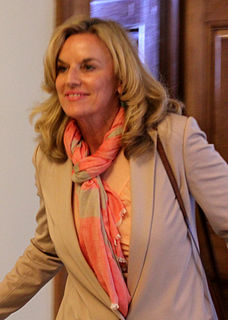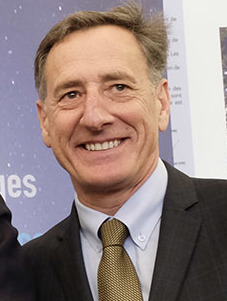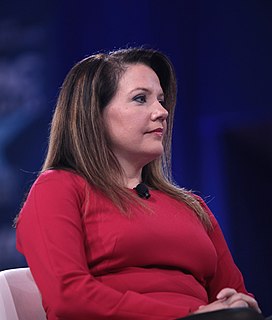A Quote by Sarah Steelman
I'm an economist by training. And I know that what works is a permanent increase in buying power.
Related Quotes
Assuming that a tax increase is necessary, it is clearly preferable to impose the additional cost on land by increasing the land tax, rather than to increase the wage tax - the two alternatives open to the City (of Pittsburgh). It is the use and occupancy of property that creates the need for the municipal services that appear as the largest item in the budget - fire and police protection, waste removal, and public works. The average increase in tax bills of city residents will be about twice as great with wage tax increase than with a land tax increase.
My tiny baby blossoming art collection is comprised of works by artists I have either assisted or been mentored by, artists I am friends with, or artists I have traded with. As much as I want to and aspire to acquire works from established artists, I love acquiring works from my contemporaries in order to participate in this moment in time. The advice I would give is know what you like, take your time, and invest in things you feel connected to, as opposed to buying something because it seems cool or "of-the-moment."
The bad economist sees only what immediately strikes the eye; the good economist also looks beyond. The bad economist sees only the direct consequences of a proposed course; the good economist looks also at the longer and indirect consequences. The bad economists sees only what the effect of a given policy has been or will be on one particular group; the good economist inquires also what the effect of the policy will be on all groups

































